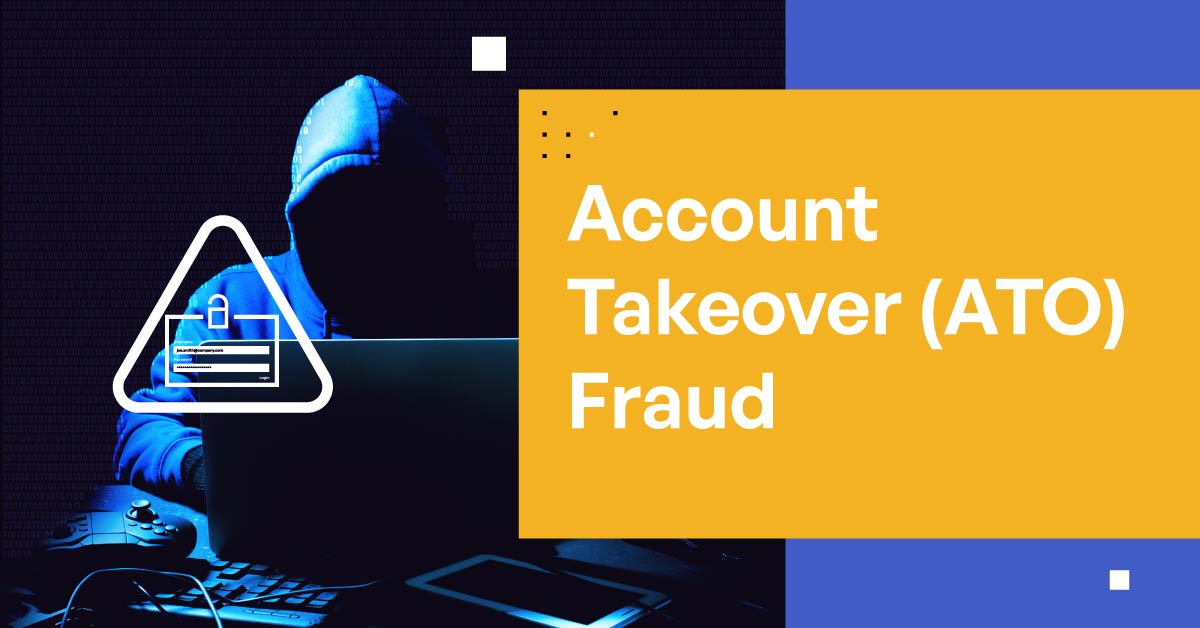Account takeover fraud is one of the most prevalent and dangerous forms of cybercrime today. Cybercriminals use stolen credentials and sophisticated techniques to gain unauthorized access to personal and business accounts, leading to financial loss, identity theft, and compromised data. In this comprehensive guide, we’ll explore what account takeover fraud is, how to spot it, and the crucial steps you can take to safeguard your online identity.
What is Account Takeover Fraud?
Account takeover fraud occurs when a fraudster uses stolen or compromised login credentials to access someone’s online account. This type of fraud can target various online platforms, including:
- Financial Institutions: Unauthorized bank transfers or fraudulent credit card purchases.
- E-Commerce Sites: Illicit orders or misuse of stored payment information.
- Social Media: Hijacking profiles to scam friends or spread malicious links.
- Email Accounts: Gaining control of personal communications and sensitive data.
Cybercriminals often obtain login credentials through methods such as phishing scams, credential stuffing, malware infections, and social engineering tactics. Once they gain access, they can change passwords, alter security settings, and even lock out the rightful owner of the account.
How to Spot Account Takeover Fraud
Identifying account takeover fraud early is crucial. Look out for these warning signs:
1. Unusual Account Activity
- Unexpected Login Alerts: Receiving notifications about logins from unfamiliar devices or locations.
- Unauthorized Changes: Changes to account settings, such as altered email addresses, phone numbers, or passwords.
- Suspicious Transactions: Unrecognized charges or transactions on your bank or credit card statements.
2. Irregular Communication
- Unsolicited Security Alerts: Emails or text messages about password changes or new login attempts that you did not authorize.
- Unexpected Password Reset Emails: Receiving password reset emails without initiating the process yourself.
3. Abnormal Device Behavior
- Performance Issues: Your device may start acting erratically if malware is involved.
- Multiple Login Failures: Frequent failed login attempts might indicate that someone is trying to guess your credentials.
By regularly monitoring your account activity and staying vigilant about any unexpected changes, you can detect early signs of an account takeover and act quickly.
Effective Measures to Prevent Account Takeover Fraud
Protecting yourself from account takeover fraud requires a multi-layered approach. Here are some essential strategies:
1. Strengthen Your Passwords
- Use Unique Passwords: Avoid reusing passwords across different accounts.
- Create Complex Passwords: Combine uppercase and lowercase letters, numbers, and symbols to create strong passwords.
- Employ Password Managers: Use a reputable password manager to generate and store complex passwords securely.
2. Enable Multi-Factor Authentication (MFA)
- Extra Layer of Security: MFA requires a second form of verification (e.g., a code sent to your mobile device), making it much harder for cybercriminals to gain access even if they have your password.
- Wide Adoption: Many online services now offer MFA—ensure it’s enabled on all critical accounts, such as email, banking, and social media.
3. Stay Informed and Educated
- Phishing Awareness: Be cautious of emails, texts, or phone calls that ask for your personal information. Always verify the sender’s authenticity before clicking any links.
- Regular Updates: Keep your operating system, antivirus software, and apps updated to protect against known vulnerabilities.
4. Monitor Your Accounts Regularly
- Set Up Alerts: Use account activity alerts to receive real-time notifications of suspicious login attempts or changes.
- Review Statements: Regularly check bank and credit card statements for unauthorized transactions.
5. Secure Your Devices
- Use Secure Networks: Avoid logging into sensitive accounts on public Wi-Fi networks without a VPN.
- Install Security Software: Reliable antivirus and anti-malware tools can help detect and block malicious activities before they cause harm.
Conclusion
Account takeover fraud poses a significant threat to online security, but with vigilance and the right security practices, you can significantly reduce your risk. By understanding the methods used by cybercriminals, spotting the early signs of suspicious activity, and implementing strong security measures like unique passwords and multi-factor authentication, you can protect your personal and financial information from falling into the wrong hands. Stay proactive, stay informed, and take charge of your online security today.
Enhance your online safety with these actionable tips and safeguard your digital life from account takeover fraud. For more insights and regular updates on cybersecurity trends, follow our blog and subscribe to our newsletter.














